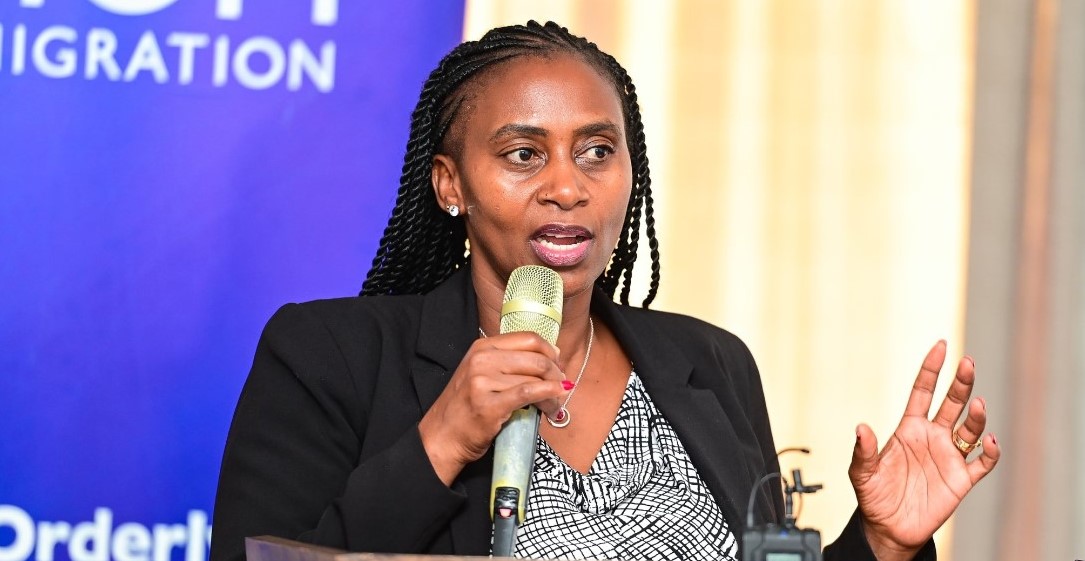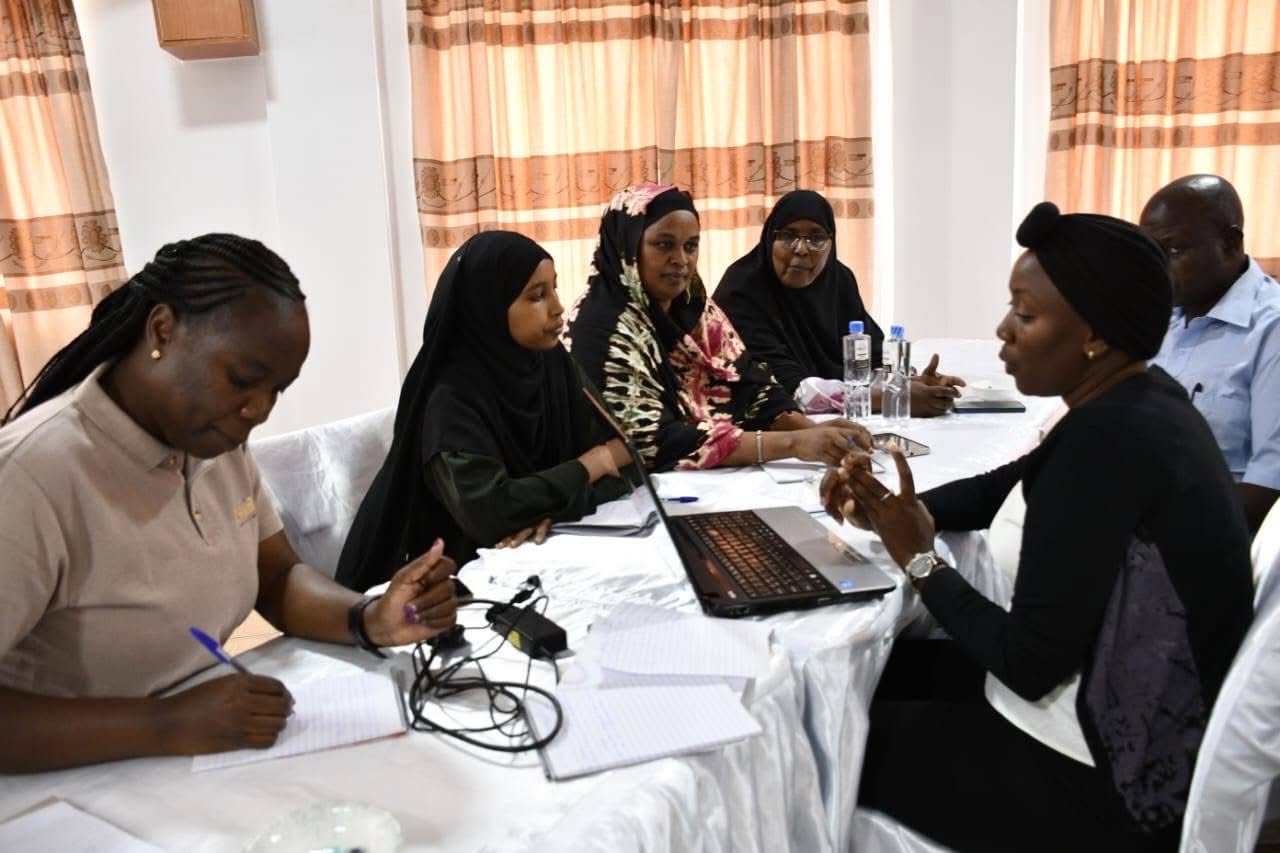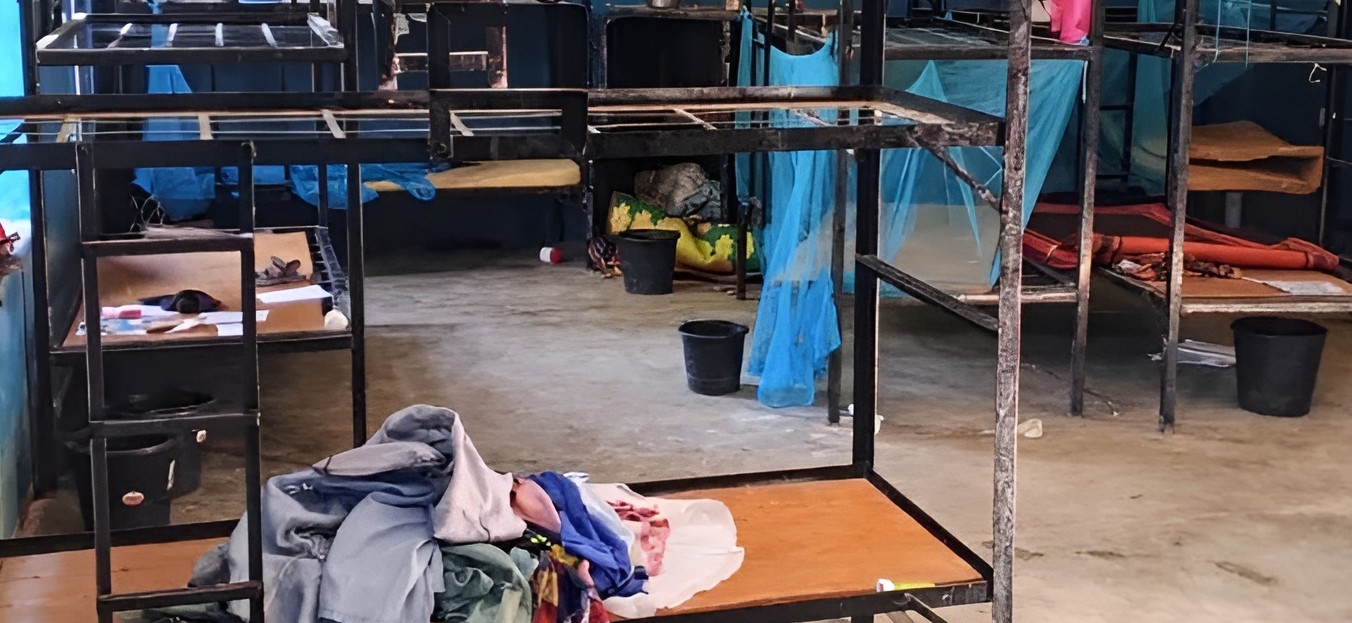Interpol shares key advice to tackle cyber threats

Cyber awareness isn't just important, it's essential. Knowing how to protect yourself and others online is a skill, just like learning how to swim or cross the street safely - Edmund Goh.
The International Police Organisation (Interpol) has shared tips on online safety following its first-ever Youth Cybercrime Awareness Webinar, highlighting critical thinking and responsible digital behaviour.
The interactive webinar, which benefited over 800 young people, parents and educators across Asia-Pacific, was designed to promote cyber hygiene and responsible online behaviour.
"Cyber awareness isn't just important, it's essential. Knowing how to protect yourself and others online is a skill, just like learning how to swim or cross the street safely," said Edmund Goh from Interpol's Asia and South Pacific Cybercrime Operation Desk.
More To Read
- Report warns of widening gap in Africa’s cyber resilience as attacks surge
- Why are so few environmental criminals on Interpol’s ‘most wanted' list?
- Interpol flags online advertisements offering costly crossings into Europe
- Report links corrupt officials to rising criminal networks in Kenya
- Court denies IT expert Ndiang'ui Kinyagia’s plea for passport release amid cybersecurity probe
- Communications Authority of Kenya takes LSK to court over controversial cybercrime law
According to Interpol, cybercriminals specifically target younger demographics with offers of scholarships, gaming rewards, and jobs, making it essential for youth to think critically and carefully assess the motives of those they interact with online.
"The online world you engage with every day is the same one cybercriminals operate in," shared Helena Huang, associate research fellow at the S. Rajaratnam School of International Studies in Singapore."Studies have repeatedly shown that the average person is bad at identifying AI.
"Misplaced confidence can lead to increased vulnerability," added Toni Friedman, the Assistant Director of Digital Technology, Policy and Innovation at The Asia Foundation.
While urging for responsible online behaviour, Nina Bual, the co-founder of Cyberlit, a social enterprise focused on online safety education, urged the youth to be mindful of their actions online as they can have real-life consequences, particularly when it comes to future employment opportunities
"Your digital identity is a reflection of who you are. It affects your online reputation and how others see you. What you post will be online forever. Your digital footprint never fades away," she said.
Here are the tips that were offered:
• Look out for red flags: Be wary of offers that seem 'too good to be true', requests for money or passwords, and sharing of suspicious links or attachments.
• Use strong passwords: Create unique and complex passwords for each online account and consider using a password manager to keep them secure.
• Use privacy settings: Control the amount of personal information others can see by employing enhanced privacy settings on social media and other online platforms.
• Keep software up to date: Regularly update operating systems, browsers, and other software to ensure the latest security patches and features.
• Be mindful of online interactions: Never share personal or financial information with strangers.
• Monitor online activity: Regularly monitor online accounts and report suspicious activities as soon as possible.
• Use two-factor authentication: Add an extra layer of verification to online accounts in addition to passwords.
• Back up data: Regularly back up important data to prevent losses in case of a cyberattack.
• Stay informed: Remain updated on the latest online threats and scams.
To manage your digital identities, do the following:
• Curate a positive online reputation: Be mindful of what you post online, and make sure it reflects positively on you.
• Delete harmful posts: Remove any online content that could be harmful or embarrassing to you or others.
• Think before you post: Take a moment to consider the potential consequences of what you're about to post online.
• Follow people who inspire you: Be mindful of who you follow online and ensure they are sources of inspiration and support.
• Take regular breaks: Time away from online activities can reduce the effects of stress and cyberbullying.
• Report or block harm: If you see someone being bullied or harassed online, report it to the platform and block the person responsible.
• Stand up for what's right: Be an ally to those who are being bullied or marginalised online.
Top Stories Today
















































